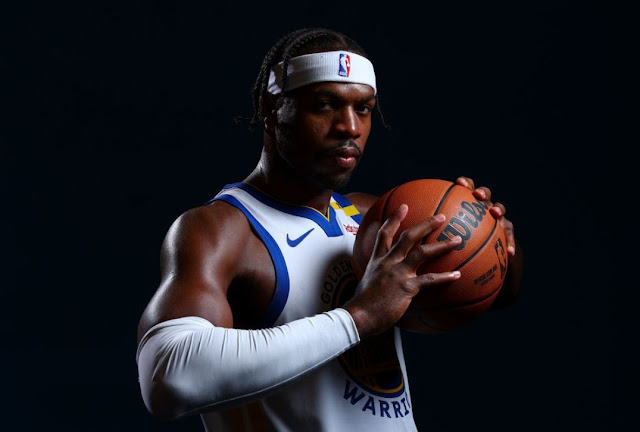Anthony Davis Blunt on Team's Defensive Struggles
The Los Angeles Lakers’ primary weakness early in the 2024-25 NBA season is their defense, which struggles across multiple areas. They rank among the league’s worst in defensive rating (26th), defensive field-goal percentage (27th), points allowed in the paint (28th), and fast-break points allowed (29th). Additionally, their defensive rebounding is subpar, ranking 26th, which gives opponents second-chance opportunities.
While Anthony Davis has performed well defensively, the issues stem from a lack of collective effort and communication. Davis emphasized the importance of team cohesion, stating that better communication and trust are essential for defensive improvement. Without proper communication, players often misinterpret each other’s intentions, leading to breakdowns. He believes addressing these issues can significantly enhance their defensive performance.
Davis also stressed the need for patience and realistic goals, suggesting that even reaching league-average defensive levels would make a significant difference. Acknowledging their current bottom-tier status, he urged the team to focus on incremental progress, starting with better communication in specific scenarios like pick-and-rolls. For Davis, the solution lies in consistent effort and accountability, game by game.
Encouragingly, the Lakers showed defensive improvement in a recent win against the Spurs, holding them to 101 points on 42.4% shooting and containing Victor Wembanyama. This improved defensive execution not only ended their three-game losing streak but also boosted them to fifth place in the Western Conference, highlighting the impact of even modest defensive gains.
What Should the Lakers Do
For the Lakers to improve their defense, head coach JJ Redick and GM Rob Pelinka need to adopt a multifaceted approach that addresses both roster construction and tactical execution.
First and foremost, Redick must instill a defensive identity and system that prioritizes effort, communication, and versatility. While the Lakers have strong individual defenders like Anthony Davis, improving as a cohesive defensive unit will require detailed game planning, consistent accountability, and a commitment from every player on the roster. Redick’s ability to leverage his reputation as a cerebral basketball mind will be critical in setting the tone for team defense.
Pelinka, on the other hand, must focus on assembling a roster that complements Redick’s defensive philosophy. This means targeting players with a combination of athleticism, length, and defensive IQ, particularly on the perimeter. The modern NBA demands defenders who can guard multiple positions and thrive in switch-heavy schemes. Adding defensive-minded wings or guards who can lock down opposing scorers and disrupt passing lanes should be a priority. Additionally, securing another rim protector to support Davis in the paint would solidify the Lakers’ interior defense and help mitigate potential injury risks to their star big man.
Another key element for Redick will be optimizing defensive rotations and maximizing the strengths of the roster. This involves strategic use of lineups that prioritize defense without sacrificing too much offensive firepower. For instance, staggering lineups to ensure Davis anchors the defense at all times while surrounding him with complementary defenders can create more consistent stops. Redick should also emphasize transition defense, as limiting fast-break points will be essential against younger, faster teams.
Both Redick and Pelinka must foster a defensive mindset throughout the organization. This includes emphasizing defense in practice, empowering role players like Max Christie to excel in specialized defensive roles, and ensuring that every roster addition aligns with the team’s overall defensive goals.











